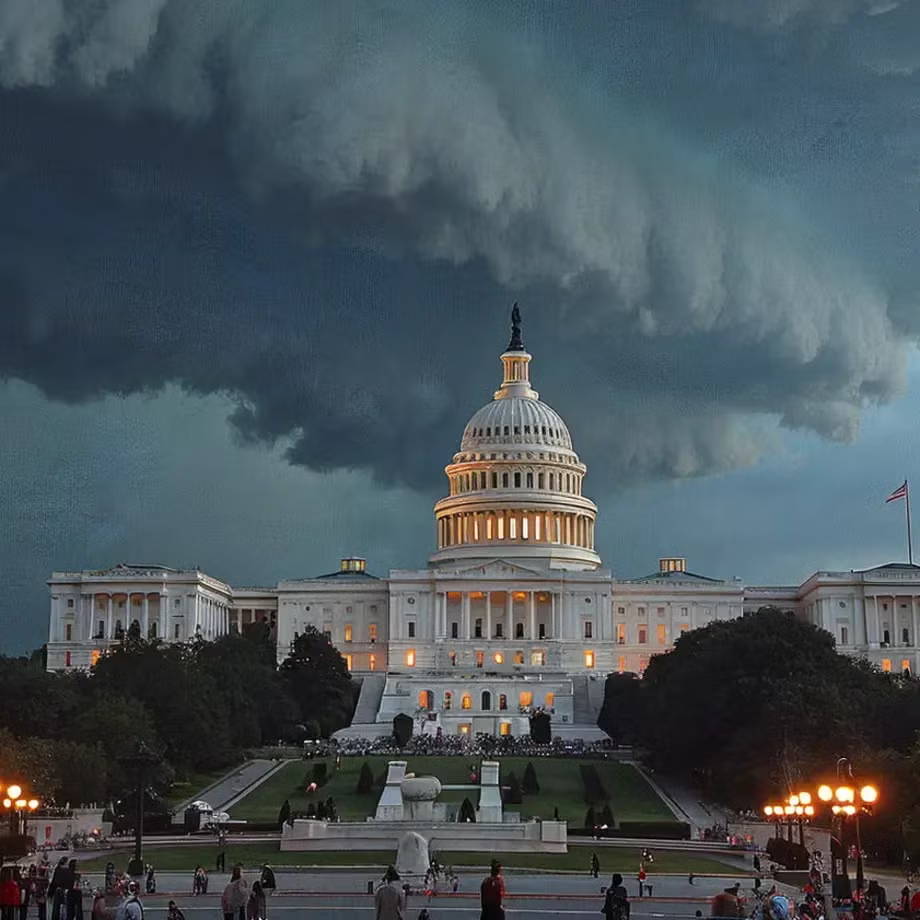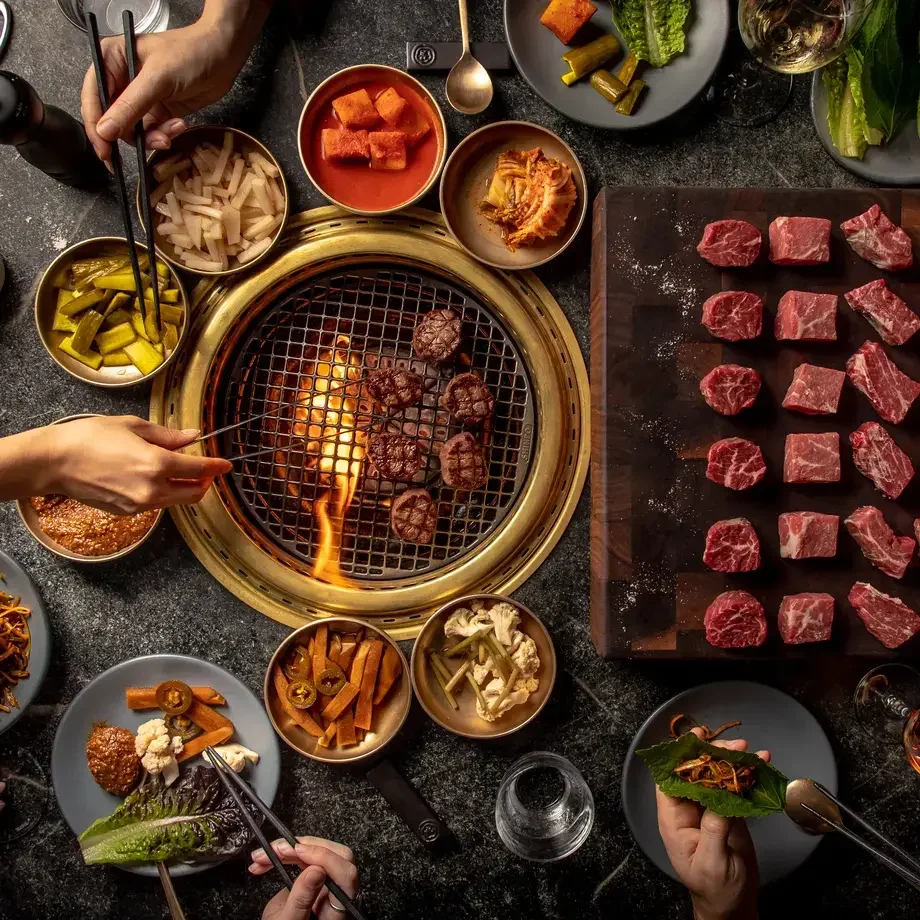When Noma announced that it would be closing its doors, a deluge of long form newspaper articles followed pronouncing that ‘fine dining is dead’. It is of course true that things have changed drastically in the last two years, and many, many businesses have had to revise their business models. But is it true that fine dining is dead? We asked three world leading chefs what they thought. Reports of the death of fine dining have been greatly exaggerated, it seems.
Andoni Luis Aduriz, Mugaritz
“I think that saying that is like saying that poetry is dead, or that everything has been invented in music, imagine how sad it would be to think like that. Human beings have the capacity to imagine the future, which is one of the characteristics that differentiates us from animals.
“We are capable of thinking and programming tomorrow when it doesn't even exist. We cannot be so clumsy as to forget our capacity to expand the future, to unbutton options that we do not even imagine now. What I would like to say is that haute cuisine does not die, but mutates, that what dies sometimes is the haute cuisine inside some people.”
Niko Romito, Reale Casadonna
“I absolutely disagree, fine dining is not dead. Nor is it unsustainable, if thought of in a different light. I also think it is necessary to distinguish fine dining from research cuisine: the former simply corresponds to sophisticated cuisine, in an elegant setting, while research cuisine is that of innovation, which wants to convey real content, to be avant-garde. They are not always synonymous. Today, the latter is certainly going through a tough time, there are many challenges in writing the cuisine of tomorrow, but it is not a crisis, rather, a turning point.”










